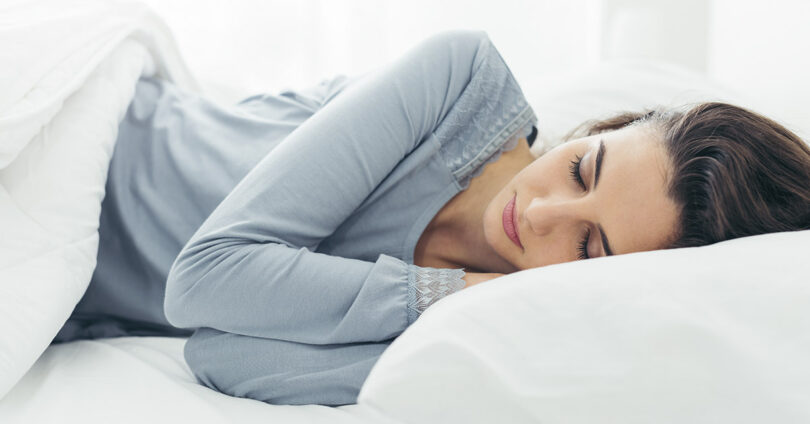A good night’s sleep is essential for overall health and well-being. Being well rested allows individuals to handle more throughout the day and be more productive than if they were sleep-deprived. However, many factors can interfere with achieving deep, restful sleep. One such factor is your pillow. Here are seven ways your pillow could be affecting both your sleep quality and your health.
1.When Your Pillow Has Passed Its Prime
Over time, pillows tend to lose their shape, absorb body oils, and develop stains, all of which can reduce their ability to support restful sleep. While it’s generally recommended to replace your pillow every couple of years, you might need to do it sooner if you’re waking up feeling groggy, achy, or not as refreshed. Quality sleep is essential for staying energized and functioning at your best.
2.Your Pillow and Mattress Should Work Together
Choosing a pillow that suits your body and sleep style is important, but it’s just as crucial to make sure it complements your mattress. The right pillow should work in harmony with your mattress to support proper alignment and comfort. For instance, if you sleep on a soft mattress that allows your body to sink in more, you likely won’t need a thick or overly firm pillow to feel supported.
3.A Clean Pillow, A Healthier Night’s Sleep
Sleep hygiene refers to the habits and routines that help promote restful, consistent sleep. This includes everything from limiting screen time before bed to brushing your teeth and applying moisturizer. Sticking to a regular sleep schedule—going to bed and waking up at the same time each day—is a key part of it, as is creating a comfortable, relaxing sleep environment. One simple but important way to enhance that environment is by choosing a pillow that feels both supportive and gentle, tailored to your preferred sleeping position.
4.The Downside of a Rigid Pillow

Just as a pillow that lacks support can lead to neck and back discomfort, one that’s overly firm can cause similar issues. A pillow that’s too solid and doesn’t adapt to the contours of your body may strain the neck—especially for those who move around during the night. “If your neck is bent in any way for an extended period of time, you’ll get uncomfortable,” explains Matthew O’Rourke, a physical therapist at Spaulding Rehabilitation Hospital.
5.The Impact of Pillow Position on Sleep Quality
Just like pillows that are too soft or too firm, those that aren’t positioned properly can strain the spine and harm your posture. Additionally, an incorrectly placed pillow that doesn’t match your body’s firmness needs might raise the risk of sleep apnea complications. Thankfully, there are alternatives such as wedge pillows or body pillows that can help improve comfort and support during sleep.
What It All Means

As many people discover, especially with age, getting quality sleep can become challenging. Since everyone sleeps differently, the ideal pillow varies from person to person. For instance, side sleepers often require a firmer pillow compared to those who sleep on their backs or stomachs. Additionally, someone living in a warm or humid climate might benefit from a more breathable pillow than someone in a colder environment. From preventing neck pain and headaches to avoiding a buildup of bacteria, there are plenty of important reasons to make sure your pillow supports you — not works against you — during sleep.
